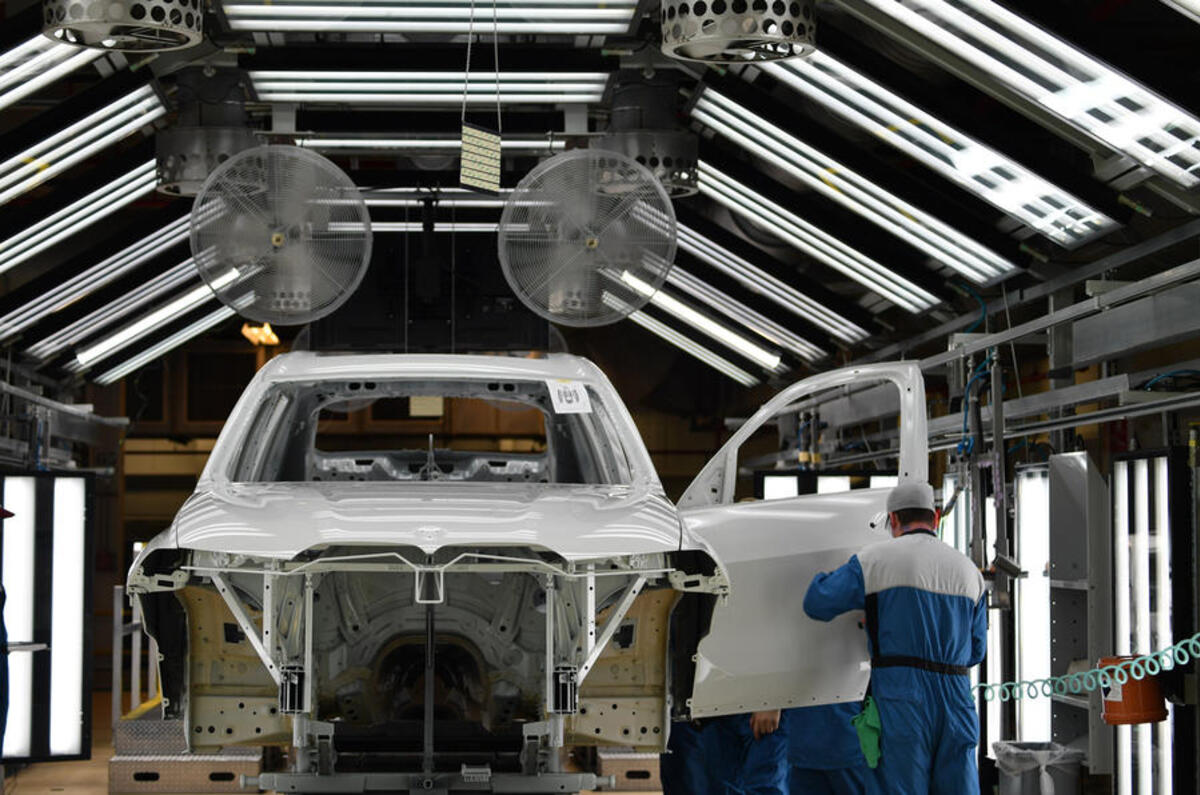The Swedish ambassador to the US has used the launch of Volvo’s new factory in Charleston, South Carolina, to call for an end to the escalating trade row between America and Europe.
Karin Olofsdotter highlighted the new factory, Volvo’s first US plant, as the latest step in the strong links between Sweden and the US. The plant will be the sole global production site of the new S60, which will be exported for sale in Europe and China.
But she admitted that US president Donald Trump’s threat to introduce tariffs - and a possible response from the EU and other countries - was a concern.
Where are America's best-selling cars actually built?
“Europe and the US are the best of friends in the world and should really be working together to solve the world’s problems,” said Olofsdotter. “We should be forming bonds that make us stronger, not pushing us apart.”
Trump threatened to slap car imports to his country with a 25% tariff last month, shortly after China had confirmed it was going to lower its tariff rate from 25% to 15%.
The president said in a tweet earlier this year that he could "simply apply a tax on [European] cars which freely pour into the US", in a move he said would counter a current "big trade imbalance".
America is the largest export market for cars built in the EU. Statistics show that £171 billion worth of cars were exported from the EU last year, with the US the destination for 25% of them. Of those cars, just more than half were exported by German car makers.
More content
2018 Volvo S60 to face 3 Series with keener handling and plug-in variants
Mercedes-Benz C-Class C200 2018 review









Join the debate
Add your comment
Perhaps the Swedish
Perhaps the Swedish Ambassador would have been better calling for the EU to drop its import tariff on US built cars to the same 2.5% that the US currently charges cars going the other way. Perhaps he might even propose a tariff free trade with the US if he thinks we are as close as he claims.
EU tariffs
The current tariff of 10% of the landed price doesn't seem to discourage BMW or Merc who both import substantial numbers of US built cars and it doesn't seem to have hindered Volvo's plans to build all S60s in the US either. Bear in mind that exchange rate fluctuations are a bigger contributor to price than a 10% tariff.
Also, you could give most US built cars a 10% subsidy and they still wouldn't sell here.
artill wrote:
The US applies 350% tariff on EU tobacco products and up to 55% on clothing & footwear. The average US tariff on all imports is 1.6% the same as the average EU tariff on imports.
If US cars were that good they would have been imported in significant numbers regardless of tariff. The bigger issue is they don’t really make volume cars that the EU countries consumers want